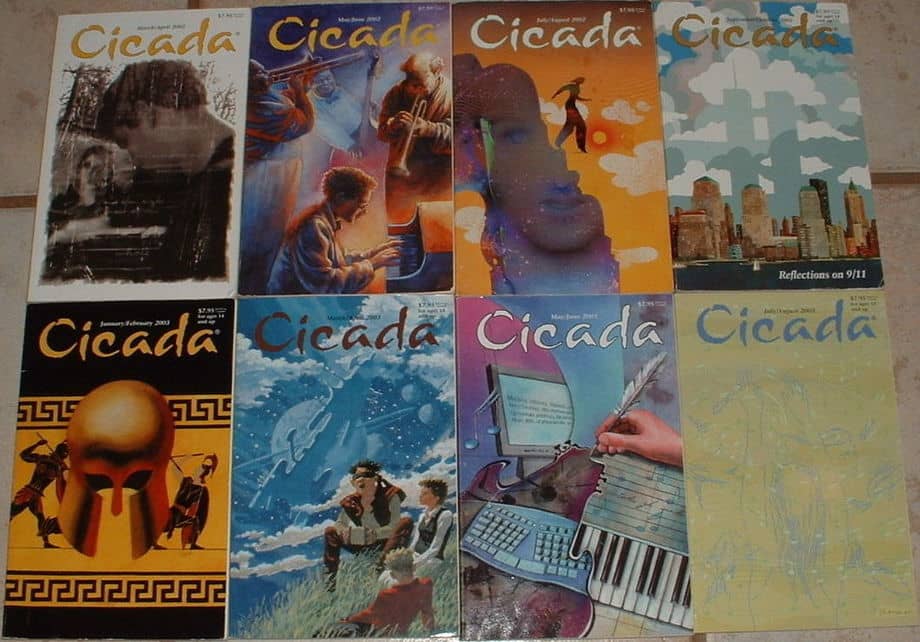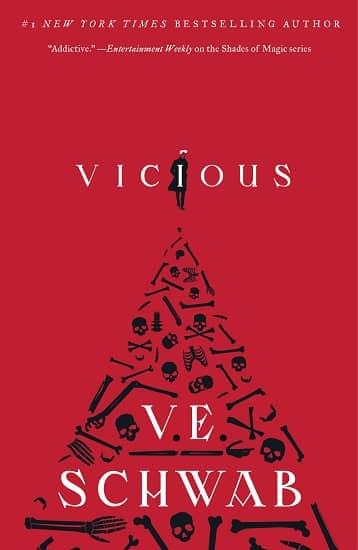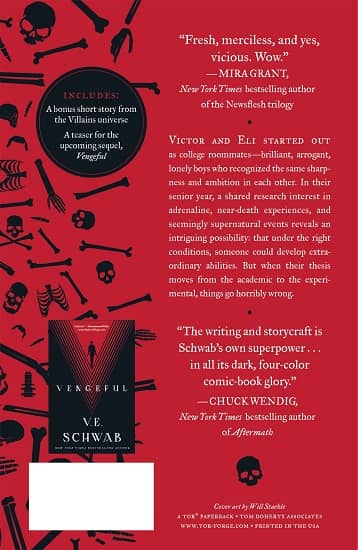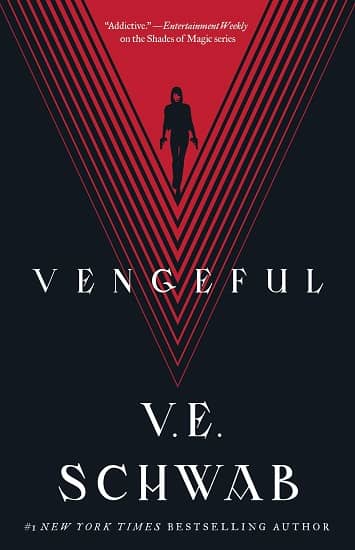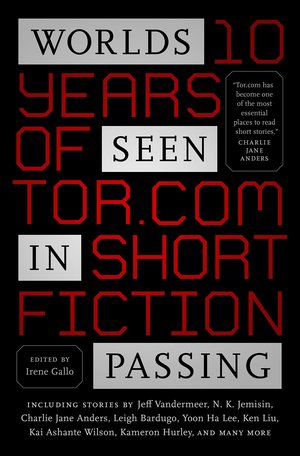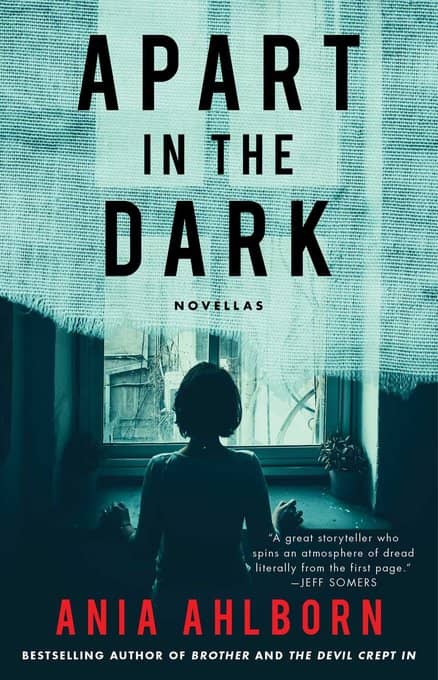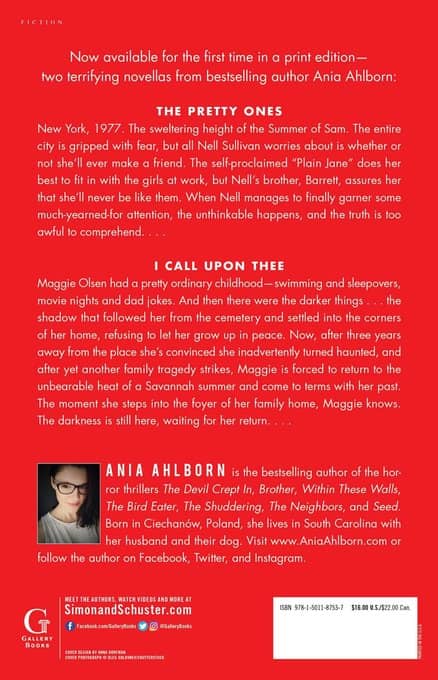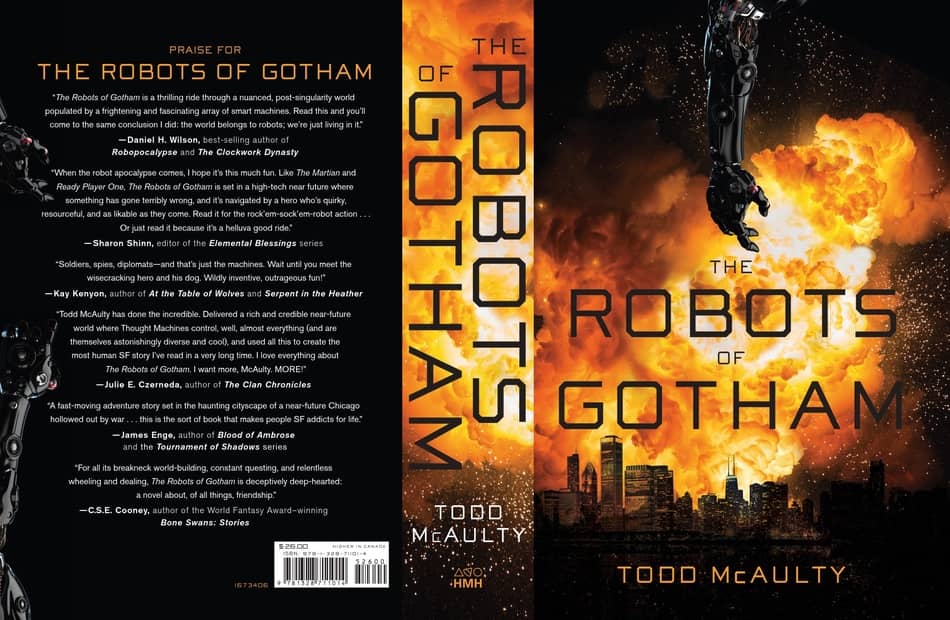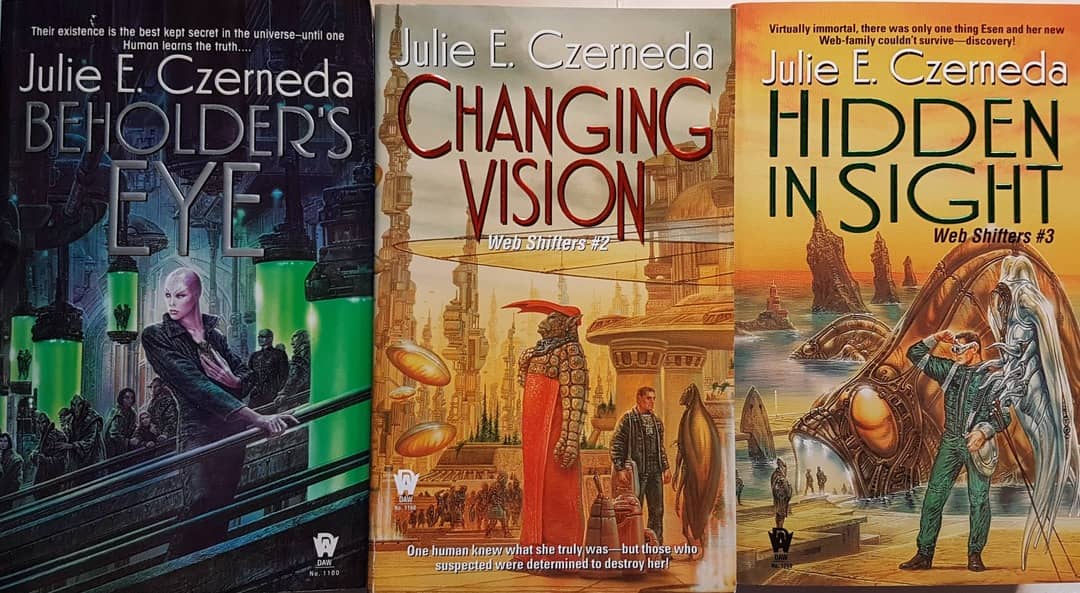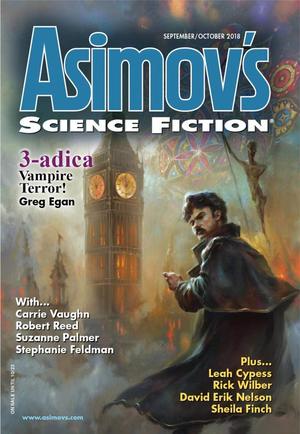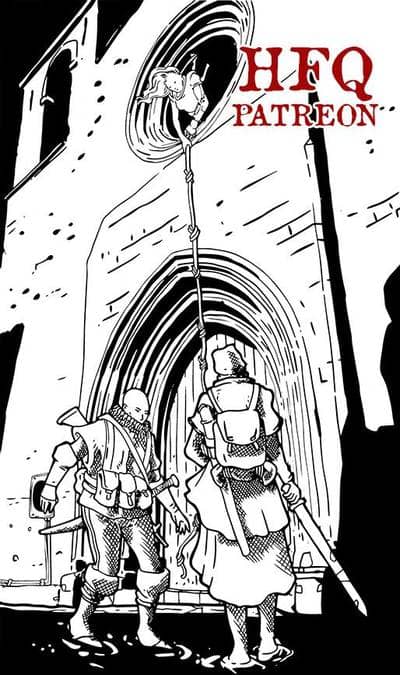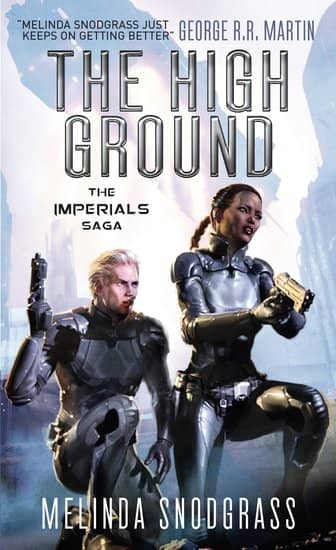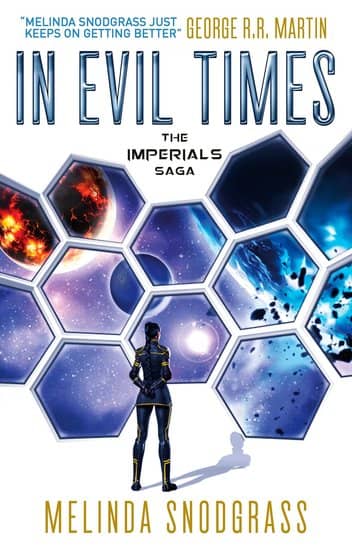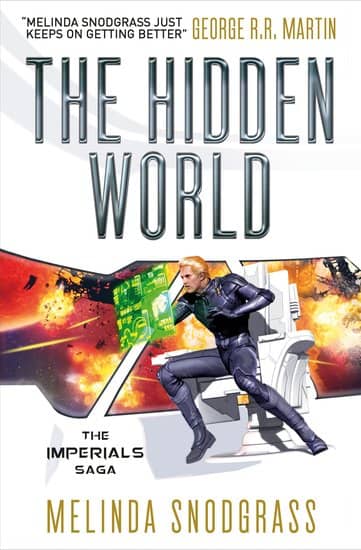The Devil’s Left Hand in the Weird West: The Devil’s West Trilogy by Laura Anne Gilman
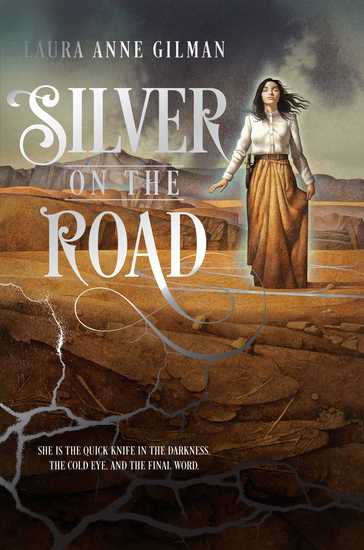 |
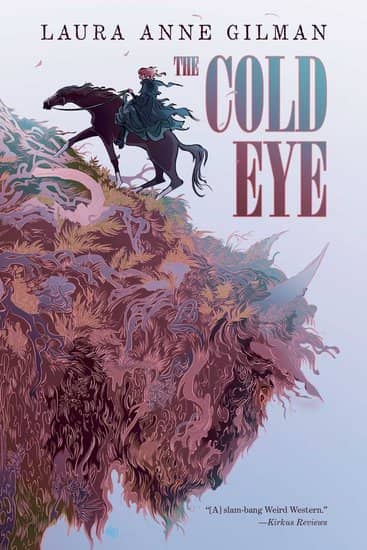 |
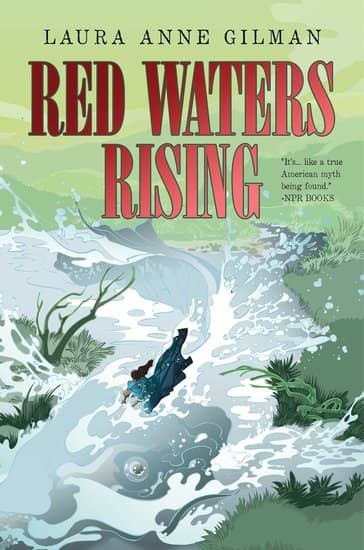 |
Laura Anne Gilman’s The Devil’s West trilogy is a Weird Western that follows Isobel, a sixteenth year-old who chooses to work for the devil in his territory west of the Mississippi. The opening novel Silver on the Road was a Locus hardcover bestseller and a Publishers Weekly Top Ten Pick for Fall 2015, and SF Signal said it “marks a major landmark in the burgeoning subgenre of Weird West Fantasy.” In his NPR review Jason Sheehan wrote:
Gilman… [has] chosen a fertile place to begin her new series (the broad plains, red rock and looming mountains of the American West), and amped up the oddity of it all by planting the Devil there as a card dealer, fancy-pants and owner of a saloon in a town called Flood.
And the Devil, he runs the Territory. Owns it in a way. Wards it against things meaner than he is, because Gilman’s Devil isn’t exactly the church-y version. He’s dapper in a fine suit and starched shirt. He’s power incarnate — a man (no horns, no forked tail, just a hint of brimstone now and then) who gets things done; who offers bargains to any who come asking and always keeps to the terms because, as everyone in the territory knows, “The Devil runs an honest house.” He never asks for anything you’re not prepared to give, never gives anything that doesn’t have a price.
So when Isobel, who has worked since childhood as an indenture in the Devil’s house, comes of age and has the chance to cut her own deal with Old Scratch, she gives the only thing she owns — herself — into the employ of the Boss and becomes the Devil’s Left Hand.
The sequel The Cold Eye arrived last year to similar acclaim; Library Journal called it “a fabulous coming-of-age tale of magic and power, set in a conflict-ridden alternative Wild West,” and NPR said “It’s like the Oregon Trail of magical voodoo western novels.”
The third and final volume, Red Waters Rising, finally arrived in June, and our friend John DeNardo at Kirkus Reviews called it “a gripping conclusion.” It’s been too long since I’ve had a great Weird Western to dig into, and finally having all three books on my shelf has proven irresistible. They will be my pleasure reading this weekend.
